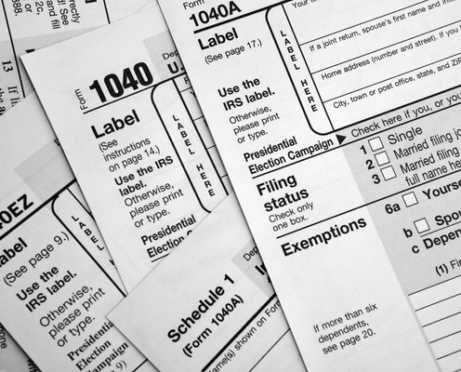
During the past six months, I have presented about a dozen “COVID-19 and Your Finances” classes and webinars, including this webinar for Cooperative Extension colleagues. I began each presentation by describing similarities between transitions in later life, described in my new book Flipping a Switch, and those experienced by Americans as a result of COVID-19.
Examples of these similar adjustments include managing money with a changed income, creating a “paycheck” from multiple income sources, keeping busy, too much “togetherness,” and becoming “fraud bait.” Plus people often have more free time for health maintenance activities (e.g., exercise and healthy meal preparation) as a result of not commuting.
In my presentations, I describe three categories of Americans according to financial impacts of COVID-19:
- Reduced Income and Struggling
- Stable Income, But Anxious
- Increased Income With Opportunities.
I then lay out the following financial tips for all Americans and for those in each of the three impact categories:
All Americans
- Get your estate plans in order: will, living will, and durable power of attorney. Over 550,000 COVID-19 victims (and counting) as of 3/31/21 is a major “wake-up” call to not leave any financial “loose ends.”
- Prepare a consolidated list of beneficiaries for life insurance policies and retirement savings plans.
- Prepare a list of digital assets with user names, PINs, passwords, and other account log-in data.
- Determine the impact of COVID-19, the CARES Act, and the American Rescue Act on your income taxes—for example, the charitable donation write-off for non-itemizers and adjusting for adequate tax withholding.
- Create an updated spending plan (budget) to reflect income/expense changes as a result of COVID-19.
- Use the Bill Calendar from the Consumer Financial Protection Bureau (CFPB) to summarize expenses.
- Identify and act on things that you can control (health practices, saving, spending, gifting, mindset).
- Get comfortable making financial and lifestyle plans again after a year of living life in a “holding pattern.”
Group 1: Reduced Income and Struggling
- List, and then prioritize, three expense categories: needs (e.g., food, housing, utilities) obligations (e.g., court fees/fines, child support, insurance, taxes, secured and unsecured debts), and wants (everything else).
- Reach out for help from government and nonprofit agencies. Call 211 or visit www.211.org to find local services.
- Reduce or eliminate subscription services and recurring payments (e.g., gym, satellite radio, streaming TV).Assess cash flow resources (e.g., emergency fund, cash value life insurance, retirement savings plan).
- Access local, state, and federal resources as needed (e.g., unemployment benefits and stimulus payments).
- Marshall social capital resources through family and community connections.
Group 2: Stable Income, But Anxious
- Prepare for a furlough: Multiply daily pay by the number of furlough days to determine potential lost income.
- Cut spending to build up an emergency fund and/or accelerate debt repayment using PowerPay as a guide.
- Consider making human capital investments (e.g., certification programs, in-service training, short courses).
- Start a “side hustle” (freelancing) for additional money to save and to have “fall back” income, if needed.
- Consider refinancing your mortgage to take advantage of current low interest rates.
Group 3: Increased Income With Opportunities
- Save/invest positive cash flow resulting from increased income and/or reduced expenses.
- Make prudent home improvements with a high return on investment (e.g., kitchen and bath remodeling).
Be careful about co-signing, “loans” that become gifts, and/or long-term support of family members.
- Use this new publication, “Tips for Managing Family Lending and Borrowing,” from the CFPB to inform financial arrangements.
- Consider charitable gifting and serious philanthropic methods (e.g., qualified charitable distributions, donating appreciated securities, and establishing a donor advised fund or charitable trust) to help others.
Every American has been affected by COVID-19 in one or more ways: health, employment, income and assets, education, relationships, goal-attainment, and more. As noted above, some observers have called COVID-19 lockdowns and layoffs a preview or “dress rehearsal” for transitions in later life. Many are also predicting a disparate “K-shaped” recovery.
However if COVID-19 has affected your finances, develop an action plan to move forward financially. Your future depends on it!




